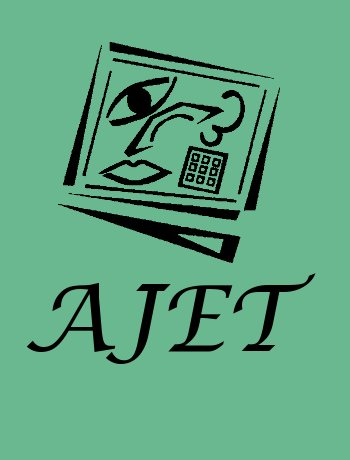
The role of theory in learning technology evaluation research
ARTICLE
Rob Phillips, Gregor Kennedy, Carmel McNaught
Australasian Journal of Educational Technology Volume 28, Number 7, ISSN 0814-673X Publisher: Australasian Society for Computers in Learning in Tertiary Education
Abstract
This paper attempts a fundamental analysis of the nature of research into e-learning and the role that theory plays in this. We examine 'research' in broad terms, and the nature of phenomena in general. We identify that e-learning is an artificial phenomenon, and that research approaches need to be cognisant of the design elements in e-learning, and the cyclical nature of e-learning development. We identify various desired research outcomes which are appropriate at each stage of the e-learning lifecycle, and argue that studies of e-learning involve a mixture of evaluation and research.We discuss e-learning evaluation research in the context of different disciplinary and interdisciplinary research approaches, recognising that there is no one 'right' way to do e-learning evaluation research. However, we recognise that there is a varying mixture of a 'search for fundamental understanding' and 'consideration of use' in e-learning evaluation research. We use these considerations to discuss the role of theory in educational research, and, in particular, in e-learning evaluation research, before applying the preceding arguments to the e-learning lifecycle, identifying five different forms of evaluation research.
Citation
Phillips, R., Kennedy, G., McNaught, C. & McNaught, C. (2012). The role of theory in learning technology evaluation research. Australasian Journal of Educational Technology, 28(7),. Australasian Society for Computers in Learning in Tertiary Education. Retrieved August 8, 2024 from https://www.learntechlib.org/p/44186/.
